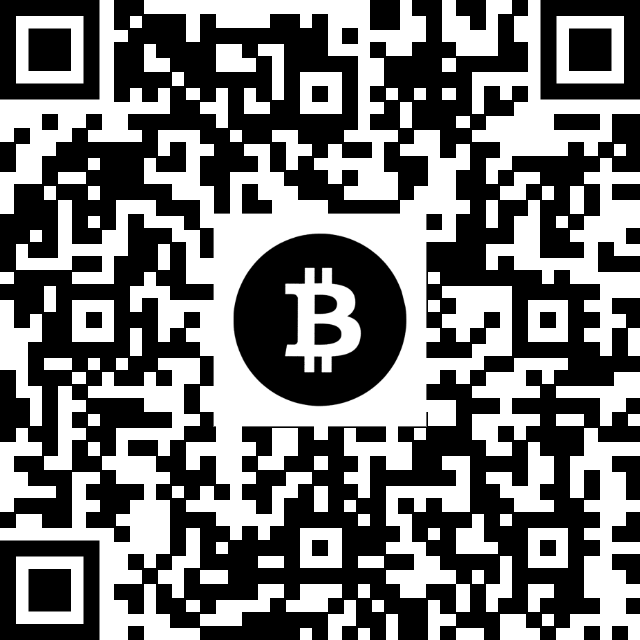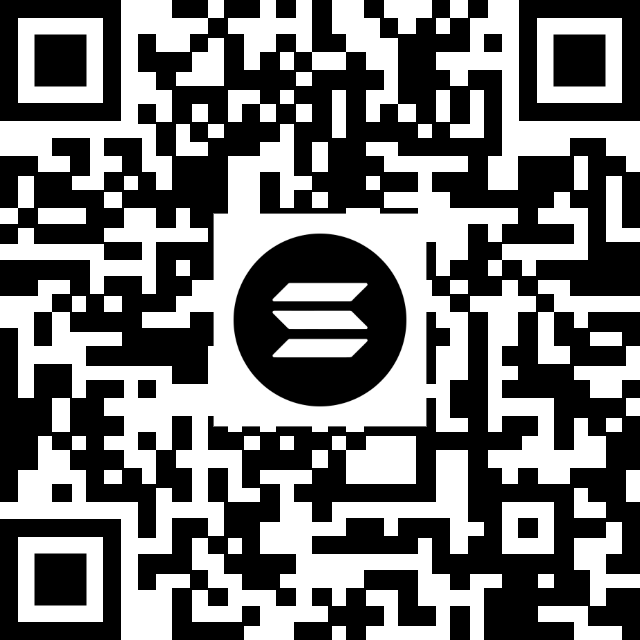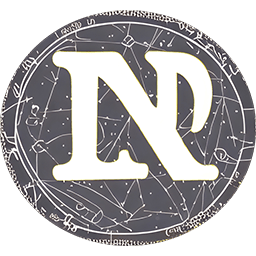15 releases (stable)
| 1.19.2 | Nov 8, 2024 |
|---|---|
| 1.18.3 | Feb 28, 2024 |
| 1.18.2 | Dec 14, 2023 |
| 1.18.0 | Nov 27, 2023 |
| 1.14.17-rc6 | Jun 20, 2023 |
#8 in #gamefi
152 downloads per month
Used in 47 crates
(2 directly)
755KB
15K
SLoC
Inspiration
Miraland is inspired by Solana and initial code base is derived/forked from Solana.
Building
1. Install rustc, cargo and rustfmt.
$ curl https://sh.rustup.rs -sSf | sh
$ source $HOME/.cargo/env
$ rustup component add rustfmt
When building the master branch, please make sure you are using the latest stable rust version by running:
$ rustup update
When building a specific release branch, you should check the rust version in ci/rust-version.sh and if necessary, install that version by running:
$ rustup install VERSION
Note that if this is not the latest rust version on your machine, cargo commands may require an override in order to use the correct version.
On Linux systems you may need to install libssl-dev, pkg-config, zlib1g-dev, protobuf etc.
On Ubuntu:
$ sudo apt-get update
$ sudo apt-get install libssl-dev libudev-dev pkg-config zlib1g-dev llvm clang cmake make libprotobuf-dev protobuf-compiler
On Fedora:
$ sudo dnf install openssl-devel systemd-devel pkg-config zlib-devel llvm clang cmake make protobuf-devel protobuf-compiler perl-core
2. Download the source code.
$ git clone https://github.com/miraland-labs/miraland.git
$ cd miraland
3. Build.
$ ./cargo build
Testing
Run the test suite:
$ ./cargo test
Starting a local testnet
Start your own testnet locally, instructions are in the online docs.
Accessing the remote development cluster
devnet- stable public cluster for development accessible via devnet-mln.miraland.com. Runs 24/7. Learn more about the public clusters
Benchmarking
First, install the nightly build of rustc. cargo bench requires the use of the
unstable features only available in the nightly build.
$ rustup install nightly
Run the benchmarks:
$ cargo +nightly bench
Release Process
The release process for this project is described here.
Code coverage
To generate code coverage statistics:
$ scripts/coverage.sh
$ open target/cov/lcov-local/index.html
Why coverage? While most see coverage as a code quality metric, we see it primarily as a developer productivity metric. When a developer makes a change to the codebase, presumably it's a solution to some problem. Our unit-test suite is how we encode the set of problems the codebase solves. Running the test suite should indicate that your change didn't infringe on anyone else's solutions. Adding a test protects your solution from future changes. Say you don't understand why a line of code exists, try deleting it and running the unit-tests. The nearest test failure should tell you what problem was solved by that code. If no test fails, go ahead and submit a Pull Request that asks, "what problem is solved by this code?" On the other hand, if a test does fail and you can think of a better way to solve the same problem, a Pull Request with your solution would most certainly be welcome! Likewise, if rewriting a test can better communicate what code it's protecting, please send us that patch!
Disclaimer
All claims, content, designs, algorithms, estimates, roadmaps, specifications, and performance measurements described in this project are done with the Miraland Labs (“ML”) good faith efforts. It is up to the reader to check and validate their accuracy and truthfulness. Furthermore, nothing in this project constitutes a solicitation for investment.
Any content produced by ML or developer resources that ML provides are for educational and inspirational purposes only. ML does not encourage, induce or sanction the deployment, integration or use of any such applications (including the code comprising the Miraland blockchain protocol) in violation of applicable laws or regulations and hereby prohibits any such deployment, integration or use. This includes the use of any such applications by the reader (a) in violation of export control or sanctions laws of the United States or any other applicable jurisdiction, (b) if the reader is located in or ordinarily resident in a country or territory subject to comprehensive sanctions administered by the U.S. Office of Foreign Assets Control (OFAC), or (c) if the reader is or is working on behalf of a Specially Designated National (SDN) or a person subject to similar blocking or denied party prohibitions.
The reader should be aware that U.S. export control and sanctions laws prohibit U.S. persons (and other persons that are subject to such laws) from transacting with persons in certain countries and territories or that are on the SDN list. Accordingly, there is a risk to individuals that other persons using any of the code contained in this repo, or a derivation thereof, may be sanctioned persons and that transactions with such persons would be a violation of U.S. export controls and sanctions law.
Questions or ideas?
https://x.com/miracleland6 (X - Formerly Twitter)
Donate to Miraland Development
We greatly appreciate any donation to help support Miraland blockchain development. We worked out of passion and kindness for the world, we believe this technology must exist and be free for all to use. Miraland is dedicated to freedom and individual sovereignty and we are doing our best to make it a reality.
BTC: bc1plh7wnl0v0xfemmk395tvsu73jtt0s8l28lhhznafzrj5jwu4dy9qx2rpda

SOL: 9h9TXFtSsDAiL5kpCRZuKUxPE4Nv3W56fcSyUC3zmQip

Dependencies
~21–34MB
~609K SLoC
